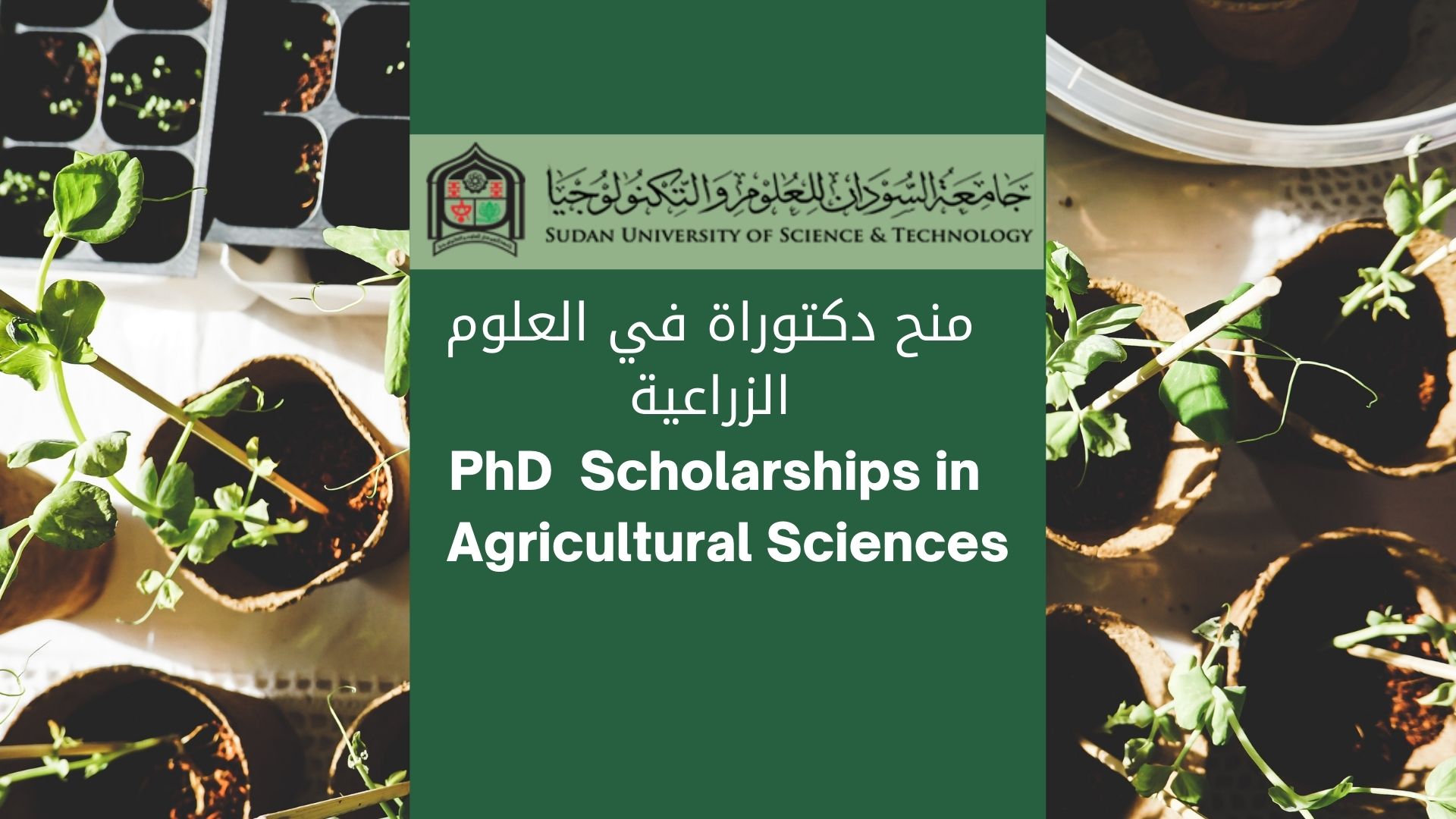- The Swedish Research Council (VR) https://www.vr.se/english
- The Swedish University of Agriculture Sciences (SLU) https://www.slu.se/en/
- Biotechnology and Biosafety Research Center (BBRC) at Agricultural Research Corporation (ARC)
- College of Agricultural studies (CAS) at Sudan University of Science and Technology (SUST)
BBRC, one of the research centers in ARC, is mandated to harness the power of advanced molecular biology techniques and improve crop productivity and quality. In addition, the GMO unit at BBRC is one of the accredited labs in the detection of genetically modified products in Sudan.
The College of Agricultural Studies (CAS) at Sudan University of Science and Technology (SUST) is one of the leading colleges. The college consists of ten departments that provide undergraduate and postgraduate degrees in 10 disciplines, including Food Science and Technology, Crop Science, Horticulture, Plant Protection, Animal Production, Soil, and Water Science, Agricultural Engineering, Agricultural Economics, Agricultural Extension, and Rural Development and Family and Community Science. It has many qualified and experienced academic staff members, including 30 professors and experienced technical staff.
Department of Plant Breeding
The Department of Plant Breeding performs strategic and applied research on horticultural and crops to provide knowledge, tools, and products for a bio-based economy, improved environment, and human health.
Read more here: https://www.slu.se/institutioner/vaxtforadling/
Description
Improving food security by enhancing millet and sorghum production in Sudan are collaborative projects between SLU and BBRC funded by VR, offering 4 PhD scholarships at CAS of SUST.
- Pearl millet ( Pennisetum glaucum ) is an essential food security crop for the people living in western Sudan. However, micronutrient malnutrition or "hidden hunger" is an alarming public health issue in Sudan. More than 80% of the population are iron (Fe) and zinc (Zn) deficient, while about 70% of women and pre-school children have low hemoglobin levels, mainly due to Fe deficiency. These deficiencies cause havoc to the country's population through malnutrition, including stunting, respiratory tract infections, malaria, and diarrhea. Breeding pearl millet for increased grain minerals (biofortification) and improving human body processing are sustainable approaches to improving health and well-being. Considerable variation for nutrition minerals exists in Sudanese millet varieties currently grown, landraces, and wild relatives. We will exploit this variation to improve the whole-grain product's nutritional value by using traditional practices aided by cutting-edge technology to assess nutritional minerals and select the best pearl millet germplasm. This project's ultimate goal will be achieved through
- High-throughput phenotyping;
- Plant breeding strategies of reverse genetics and marker-assisted selection;
- Selecting superior lines for developing MAGIC population, and
- Capacity building on research and development. The outcome of this project will develop a cost-effective, sustainable solution and breeding methods for genetic enhancement of Zn and Fe in pearl millet
- Sorghum (Sorghum bicolor) is an important staple food crop that plays a vital role in improving household food security in Sub-Saharan Africa. Unfortunately, biotic and abiotic stresses, climate change, and edaphic factors are significant constraints to sustainable sorghum production, threatening food and nutritional security. Among its major stress factors, Striga hermonthica, which is regarded as the "sorghum's worst enemy," causes up to 100% yield losses in smallholder farms. Hence, genetic resistance to this parasitic weed is the most economically viable control measure. Sudanese sorghum has been identified as a major source of resistance against Striga. The project goal builds towards a vision to achieve sustainable food security and reduce poverty by growing Striga-resistant sorghum cultivars. A highly motivated international team of diverse expertise proposes this project focusing on sorghum's center of origin to contribute to this vision. This project aims to apply innovative genomic solutions that speed up the pyramiding of resistance genes, thereby keeping pace with changes in the Striga infestation capacity, through
- socio-economic study;
- introgressing new
Striga resistance gene(s)
- association genetics;
- capacity building;
- and climate-smart
agriculture.
This project has enormous potential for identifying new sources of Striga resistance, in which this novel research opens up opportunities for durable Striga resistance in sorghum breeding.
Qualifications
We seek a highly motivated candidate with an MSc in agriculture, biology, biochemistry, or other types of education, preferably specializing in plant science. Documented skills in reporting scientific studies, farmer field school, and knowledge in the statistic is merit. The candidate should have the ability to stay for a long time traveling across Sudan to conduct the fieldwork. Proven ability to excellently write and speak English is essential. We place great emphasis on personal qualities such as curiosity, responsibility, and ability to work in a team and independently, and on personal suitability for the learning and research tasks. Master students in the final stage or about to finish their master thesis are encouraged to apply with proven documentation from the university of conduction.
Disciplines of PhDs
- PhD student in socio-economic related to agricultural and rural development
- PhD student in food science and technology
- PhD student in plant breeding and genetics
- PhD student in resistance breeding related to weeds control.
Place of Study
The education will be based on the College of Agricultural studies(CAS) at Sudan University of Science and Technology (SUST). In addition, the students will have the opportunity to frequent visits to the Swedish University of Agriculture Sciences (SLU) for training purposes. The students will be paid a monthly allowance in Sudan and Sweden.
Forms of Scholarships
4 PhD students (3 years)
Starting Date
As soon as possible (1 May 2022)
Application
We welcome applications no later than 2022-03-01. Please send a CV, motivation letter, referees, and academic certificates to sorghum.pearlmillet@gmail.com
Contact Person
- Tilal Abdelhalim tilalkosti@yahoo.com
- Abbas Rhama abbas.elshekh@gmail.com

